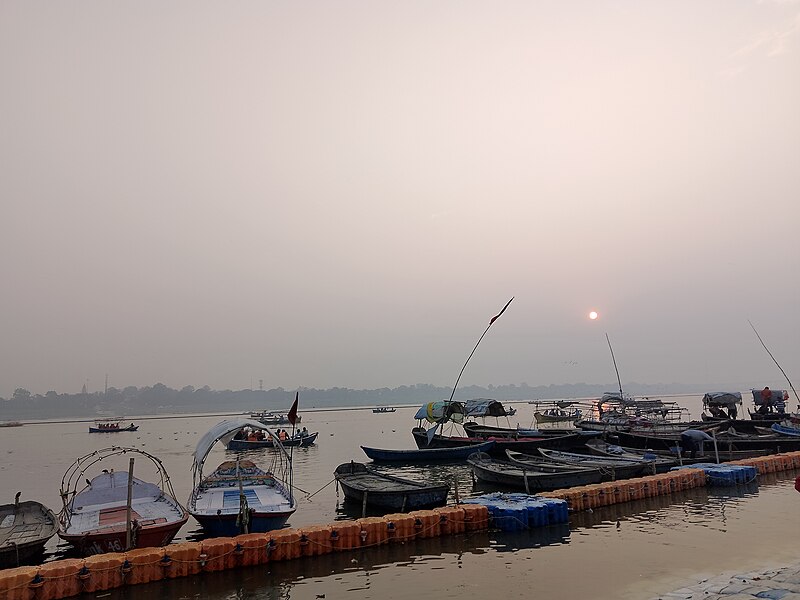Advani rightly flays Modi
Ravi Shanker Kapoor | June 19, 2015 12:50 am
In the Indian political theatre, power is the beloved, while freedom is the courtesan. Devdas goes to Chandramukhi only when rejected by Paro. So, kept out of the new Establishment, senior Bharatiya Janata Party leader L.K. Advani is reminded of civil liberties and freedom of the press.
Evidently, things were different a few years ago. When he was the second-most important man in the regime (1998-2004) that hounded and persecuted Tarun Tejpal’s Tehelka for having dared to expose Bangaru Laxman as a corrupt person, Advani never bothered about such democratic niceties as civil liberties, freedom of the press, and the rule of law. But now, leading a (forcibly) retired life, he has woken up to the imperatives of democracy. Yet, the Narendra Modi government will help itself by taking the criticism by the BJP’s grand old man in earnest.
In an interview to The Indian Express (June 18), Advani remember the Emergency, he said, “I don’t think anything has been done that gives me the assurance that civil liberties will not be suspended or destroyed again.” He is bang on; and there are many instances to prove that.
For all the noises that the BJP made about Section 66A when it was in the Opposition, it supported this draconian provision of the law in the Supreme Court, and it took a landmark decision of the highest court to invalidate this abomination. Another example is the highhandedness in which the activist Priya Pillai was de-boarded and disallowed to visit the UK to make a presentation to the Parliamentarians over there about the alleged human rights violations of tribals in India.
Similarly, the government has shown extreme spitefulness and illiberality by coming down heavily on a small group of students at IIT-Madras just they were opposed to Modi and his policies; even by the standards of the tetchiness of today’s politicians, the government reaction was an epitome of pettiness.
There have been many and various other actions that have earned notoriety for the government, including mandatory Yoga and government-determined dietary regimen. It is baby-steps towards totalitarianism when the state enters the living room and the kitchen. What next? The bedroom? Baba Ramdev, the semi-official Pope of the current dispensation, has already pronounced that a couple—of course, only a married one—should have sex only for the sacred purpose of procreation. Perhaps, the next step could be a campaign to promote sex-only-for-producing-children. And an advisory on samskar-compliant aasanas! And a ban on anything other than the missionary position… sorry, the Kamasutra position!
The propensities for and proclivities to tyranny are very much there; they get a leg up not just because of the authoritarian nature of Modi but also the nauseating obsequiousness of the toadies that surround him. Therefore, Advani is absolutely right when he says, “I don’t rule it [Emergency] out totally in the future. I don’t think the last word on this has been said. Of course, no one can do it easily, because of the experience we have had in 1975-77. But that it cannot happen again—I will not say that. It could be that fundamental liberties are curtailed again.”
They can be curtailed again because the Nehruvian Consensus is essentially statist, predicated upon the empowering of government and undermining the individual. The Modi government has done little to change that; he has not introduced administrative, police, and judicial reforms; he and his ministers have been busy renaming and implementing the populist schemes of the previous regimes—and, of course, organizing jamborees and making high-flown speeches which mean nothing. As to the main message of the unprecedented support from the electoral he received—that is, engendering a paradigm shift in the imperative of statecraft—there has been no progress.
So, Advani is again correct when he says, “I do not see any sign in our polity that assures me, any outstanding aspect of leadership. A commitment to democracy and to all other aspects related to democracy is lacking.”
Unsurprisingly, the Opposition has greeted Advani’s comments with great enthusiasm, while the saffron brigade is making unconvincing remarks that there is nothing anti-Modi in the interview. BJP leaders may be seething with anger; some may be privately calling Advani a frustrated, marginalized old man.
But the powers that be need to remember that Advani is still the tallest leader in the party; he may never have become prime minister, but his contribution to the cause of Hindus has earned him an important place in history; he surely ranks above Gandhi and Nehru, both of whom betrayed the Hindus. Modi is yet to achieve Advani’s stature; and the way he is doing his job, I doubt he is capable of that.
The only hope for Modi lies in course correction: he and his cronies should take guidance from Advani. And, by the way, this is also their duty, for they only decided to make him a ‘Margdarshak’—the guide.






























